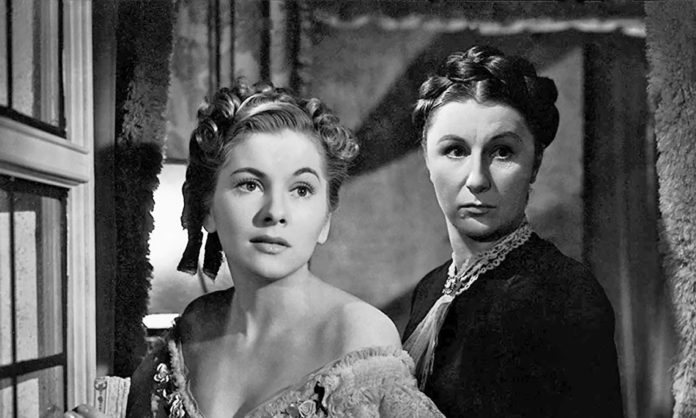While writer are often admonished to skip dream sequences (and for good reason…), there may be times when a dream or nightmare is a good choice. In a post on CrimeReads, Cyndi MacMillan makes the case. “If art imitates life, then just as our characters work, bathe, eat, and sleep, they also dream,” she says. “Dream sequences earned their bad reputation because writers attempted to replicate the opaqueness of nightmares, filling entire pages with distorted images.”
In fiction, you rarely need more than a few sentences to describe that dream, and the sequence should have a purpose. MacMillan suggests a few reasons why a dream or nightmare scene can add drama or foreshadowing to your story:
- Dreams can encapsulate personal history, trauma, and baggage. “One vivid nightmare can show (instead of tell) readers how shattering an ordeal has been for your POV character,” MacMillan says. For example, a recurring nightmare can inform your reader about a character’s past trauma, without awkward narrative or dialogue about it.
- Dreams can reveal suppressed fears or desires. Dreams have a way of bringing buried memories, hopes, wishes, and fears to the surface. Whatever emotion or fact your character is hiding, a dream can dig it up.
- Dreams can enrich flashbacks or add surrealism to foreshadowing. “Flashbacks grow more intense if filtered through a dream, and foreshadowing develops layers if entwined with symbolism,” MacMillan explains. “A dream can be a time machine—set it to the date you want, and take the reader on a short trip that might curdle their blood or leave them teary.”
- Dreams can become a way to converse with the dead or revisit lost relationships. Dreams and nightmares have a way of dredging up memories we’d rather stay lost. Ex-lovers and estranged family are strong grist for these scenes.
- Dreams can instill mood and tone. In Rebecca, Daphne du Maurier opens with the title character dreaming of her home at Manderley, with a lush description of the setting. Further, Rebecca does not share the dream with her husband, adding layers of emotion and secrecy.












